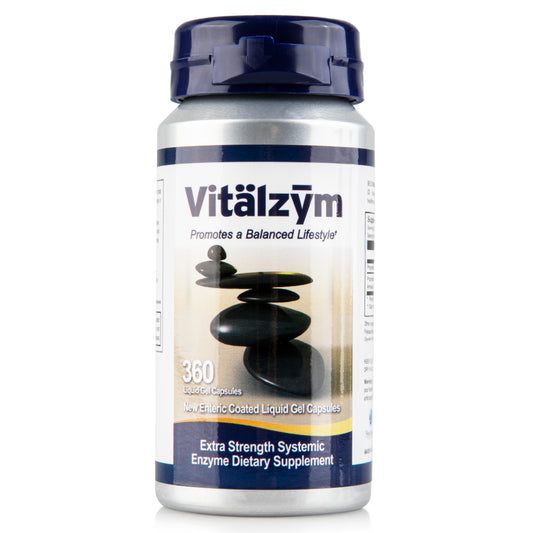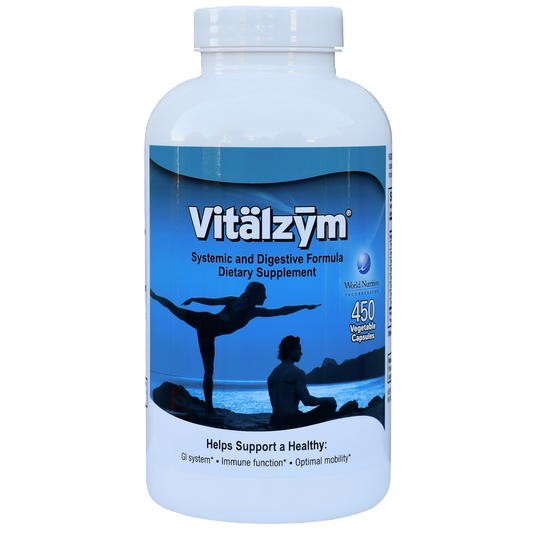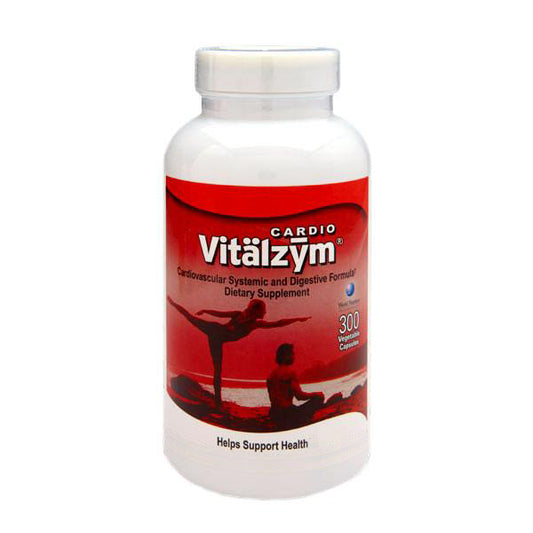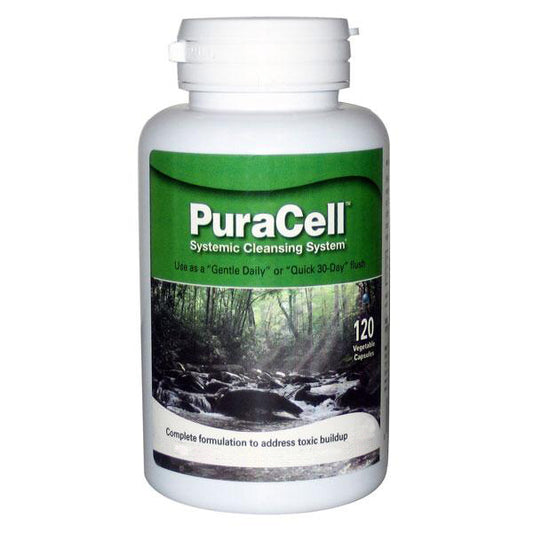Our body is a complex system, and every organ plays a crucial role in maintaining our overall well-being. One such organ is the liver, which is responsible for numerous vital functions. But what happens when dehydration comes into play? Can it lead to elevated liver enzymes? In this informative article, we will unravel the relationship between dehydration and liver health. By shedding light on this topic, we aim to empower health-conscious individuals to make informed choices about their hydration habits and protect their liver.
What Are Liver Enzymes?
The liver produces proteins called liver enzymes that are essential to several metabolic processes. These enzymes are involved in breaking down substances, such as toxins and medications, as well as in the production of essential molecules needed for digestion and energy production. Common liver enzymes include alanine aminotransferase (ALT), aspartate aminotransferase (AST), and alkaline phosphatase (ALP). Monitoring the levels of these enzymes through blood tests can provide valuable insights into liver health and the presence of any underlying liver conditions or diseases.
What Causes Elevated Liver Enzymes?
Liver Damage or Inflammation
Liver damage or inflammation can lead to elevated liver enzymes. Conditions such as hepatitis (viral, alcoholic, or autoimmune), fatty liver disease, or liver cirrhosis can cause an increase in liver enzyme levels. These conditions can disrupt the normal functioning of liver cells, resulting in the release of enzymes into the bloodstream.
Medications and Toxins
Certain medications, such as statins, antibiotics, or anti-seizure drugs, can cause liver enzyme elevation as a side effect. Additionally, exposure to toxins, such as excessive alcohol consumption, can also lead to liver damage and subsequent elevation of liver enzymes.
Gallbladder Issues
Problems with the gallbladder, such as gallstones or inflammation (cholecystitis), can cause bile flow obstruction. This obstruction can lead to an increase in liver enzyme levels, as the liver is unable to properly process and excrete bile.
Infections
Infections like mononucleosis, cytomegalovirus (CMV), or Epstein-Barr virus (EBV) can cause liver inflammation and result in elevated liver enzymes. These viral infections can directly affect liver cells and disrupt their normal function.
Metabolic Disorders
Certain metabolic disorders, such as Wilson's disease or hemochromatosis, can lead to the accumulation of substances in the liver, causing liver damage and subsequent elevation of liver enzymes.
Other Factors
Other factors that can contribute to elevated liver enzymes include obesity, diabetes, certain autoimmune disorders, and even intense exercise. It is important to identify the underlying cause of elevated liver enzymes through medical evaluation to determine the appropriate treatment and management strategies.
Can Dehydration Cause Elevated Liver Enzymes?
Yes, dehydration can potentially cause elevated liver enzymes. When the body is dehydrated, the liver may not receive enough blood flow, leading to reduced oxygen and nutrient supply. This can result in liver cell damage and inflammation, causing an increase in liver enzyme levels. Additionally, dehydration can impair the liver's ability to effectively metabolize and eliminate toxins from the body, further contributing to elevated liver enzyme levels. It is important to maintain proper hydration to support optimal liver function and prevent potential complications associated with dehydration-induced liver enzyme elevation.
Does Drinking A lot Of Water Help Lower Liver Enzymes?
While drinking an adequate amount of water is essential for overall health, it may not directly lower liver enzyme levels. Elevated liver enzymes are frequently a result of underlying liver diseases or conditions, such as liver inflammation or damage. While proper hydration can support liver function and overall well-being, it is crucial to address the underlying cause of elevated liver enzymes through medical evaluation and appropriate treatment. Drinking water alone may not be sufficient to lower liver enzyme levels, but it can contribute to maintaining optimal hydration and supporting liver health as part of a comprehensive approach to liver care.
Common Symptoms Of Elevated Liver Enzymes
- Fatigue and weakness
- Abdominal pain or discomfort
- Jaundice (yellowing of the skin and eyes)
- Dark urine
- Pale or clay-colored stools
- Nausea and vomiting
- Loss of appetite
- Unexplained weight loss
- Swelling in the legs and ankles
- Itchy skin
- Easy bruising or bleeding
- Changes in mental function or mood
- Spider-like blood vessels on the skin (spider angiomas)
- Enlarged liver or spleen (in severe cases)
It is important to note that these symptoms can vary depending on the underlying cause of elevated liver enzymes, and not everyone with elevated liver enzymes will experience all of these symptoms. If you are experiencing any of these symptoms or have concerns about your liver health, it is recommended to consult with a healthcare professional for proper evaluation and diagnosis.
How Are Liver Disease and Hepatitis Related To Elevated Liver Enzymes?
Liver disease and hepatitis are closely related to elevated liver enzymes. Liver disease refers to any condition that affects the normal functioning of the liver, leading to liver damage or inflammation. Hepatitis specifically refers to liver inflammation that is frequently a result of viral infections (such as hepatitis A, B, or C). Both liver disease and hepatitis can result in elevated liver enzyme levels. When the liver is damaged or inflamed, liver cells release enzymes into the bloodstream, causing an increase in liver enzyme levels. Monitoring liver enzymes through blood tests is a common way to assess liver health and diagnose liver diseases, including various forms of hepatitis. Early detection and proper management of liver disease and hepatitis are crucial to preventing further liver damage and complications.
What Is The Number One Cause Of Elevated Liver Enzymes?
The number one cause of elevated liver enzymes is non-alcoholic fatty liver disease (NAFLD). NAFLD occurs when excess fat accumulates in the liver, leading to inflammation and liver cell damage. This condition is often associated with obesity, insulin resistance, and metabolic syndrome. As the liver becomes overwhelmed with fat, it releases higher levels of liver enzymes into the bloodstream, resulting in elevated liver enzyme levels. NAFLD is a growing concern worldwide and is closely linked to lifestyle factors such as poor diet, sedentary lifestyle, and obesity. Managing NAFLD involves lifestyle modifications, including weight loss, a healthy diet, regular exercise, and managing underlying conditions such as diabetes and high cholesterol.
How Are ALT and AST Related To Elevated Liver Enzymes?
ALT (alanine aminotransferase) and AST (aspartate aminotransferase) are two liver enzymes that are closely related to elevated liver enzymes. ALT is primarily found in the liver and is considered a more specific marker of liver damage. AST is found in various tissues, including the liver, heart, muscles, and kidneys. When there is liver damage or inflammation, such as in conditions like hepatitis or fatty liver disease, the liver cells release these enzymes into the bloodstream. As a result, the levels of ALT and AST in the blood increase, indicating liver cell injury. Monitoring the levels of ALT and AST through blood tests is a common way to assess liver health and diagnose liver conditions. Elevated levels of ALT and AST can provide valuable insights into the extent of liver damage and help guide appropriate treatment and management strategies.
How To Manage Elevated Liver Enzymes
- Identify the Underlying Cause: The first step in managing elevated liver enzymes is to determine the underlying cause through medical evaluation. This may involve blood tests, imaging studies, or further diagnostic procedures to identify any liver conditions or diseases contributing to the elevated enzyme levels.
- Lifestyle Modifications: Making certain lifestyle changes can help manage elevated liver enzymes. This includes adopting a healthy diet rich in fruits, vegetables, whole grains, and lean proteins while limiting processed foods, saturated fats, and added sugars. Regular exercise and maintaining a healthy weight can also support liver health.
- Avoid Alcohol and Harmful Substances: If alcohol consumption is a contributing factor, it is crucial to eliminate or significantly reduce alcohol intake. Additionally, avoiding exposure to toxins, such as certain medications, recreational drugs, or environmental pollutants, can help prevent further liver damage and enzyme elevation.
- Medication Management: Depending on the underlying cause, your healthcare provider may prescribe medications to manage specific liver conditions or diseases contributing to elevated liver enzymes. It is important to follow the prescribed medication regimen and attend regular follow-up appointments.
- Hydration: Maintaining proper hydration is essential for liver health. Drinking an adequate amount of water throughout the day can support liver function and help flush out toxins. However, it is important to note that hydration alone may not directly lower liver enzyme levels if there is an underlying liver condition.
- Regular Monitoring: Regular monitoring of liver enzyme levels through blood tests is crucial to assess the progress and effectiveness of the management strategies. This allows healthcare providers to make any necessary adjustments to the treatment plan.
- Follow Medical Advice: It is important to follow the advice and recommendations of your healthcare provider regarding the management of elevated liver enzymes. They will provide personalized guidance based on your specific condition and medical history.

Conclusion
In conclusion, understanding the relationship between dehydration and elevated liver enzymes is crucial for individuals who are proactive about their health and interested in maintaining optimal liver function. Dehydration can potentially lead to liver cell damage, inflammation, and impaired liver function, resulting in elevated liver enzyme levels. While staying properly hydrated is important for overall health, it may not directly lower liver enzyme levels if there is an underlying liver condition. Managing elevated liver enzymes involves identifying the underlying cause, making lifestyle modifications, avoiding harmful substances, and following medical advice. Regular monitoring and consultation with healthcare professionals are essential for effective management. By prioritizing hydration and adopting a comprehensive approach to liver health, individuals can take proactive steps to support their liver and overall well-being.
Final Thoughts
Experience a new level of vitality with Vitalzym Extra Strength, a cutting-edge enzyme supplement meticulously developed by World Nutrition. Infused with the natural goodness of papain sourced from papaya, this remarkable formula elevates enzyme levels, bolsters immune function, and supports rapid healing and improved circulation. With the synergistic blend of serrapeptase and bromelain, Vitalzym empowers you to embrace a healthier lifestyle. Unleash the transformative power of papaya and embrace the benefits of Vitalzym today.*
Sources
- https://en.wikipedia.org/wiki/Alanine_transaminase
- https://www.yalemedicine.org/conditions/alcohol-related-liver-disease
- https://www.pfizer.com/disease-and-conditions/metabolic-disorders
- https://primowater.com/blog/hydration-your-liver-will-thank-you/
- https://www.youtube.com/watch?v=pjhNVDuQer4
These statements have not been evaluated by the food and drug administration (FDA). These products are not intended to diagnose, treat, cure, or prevent any disease.







